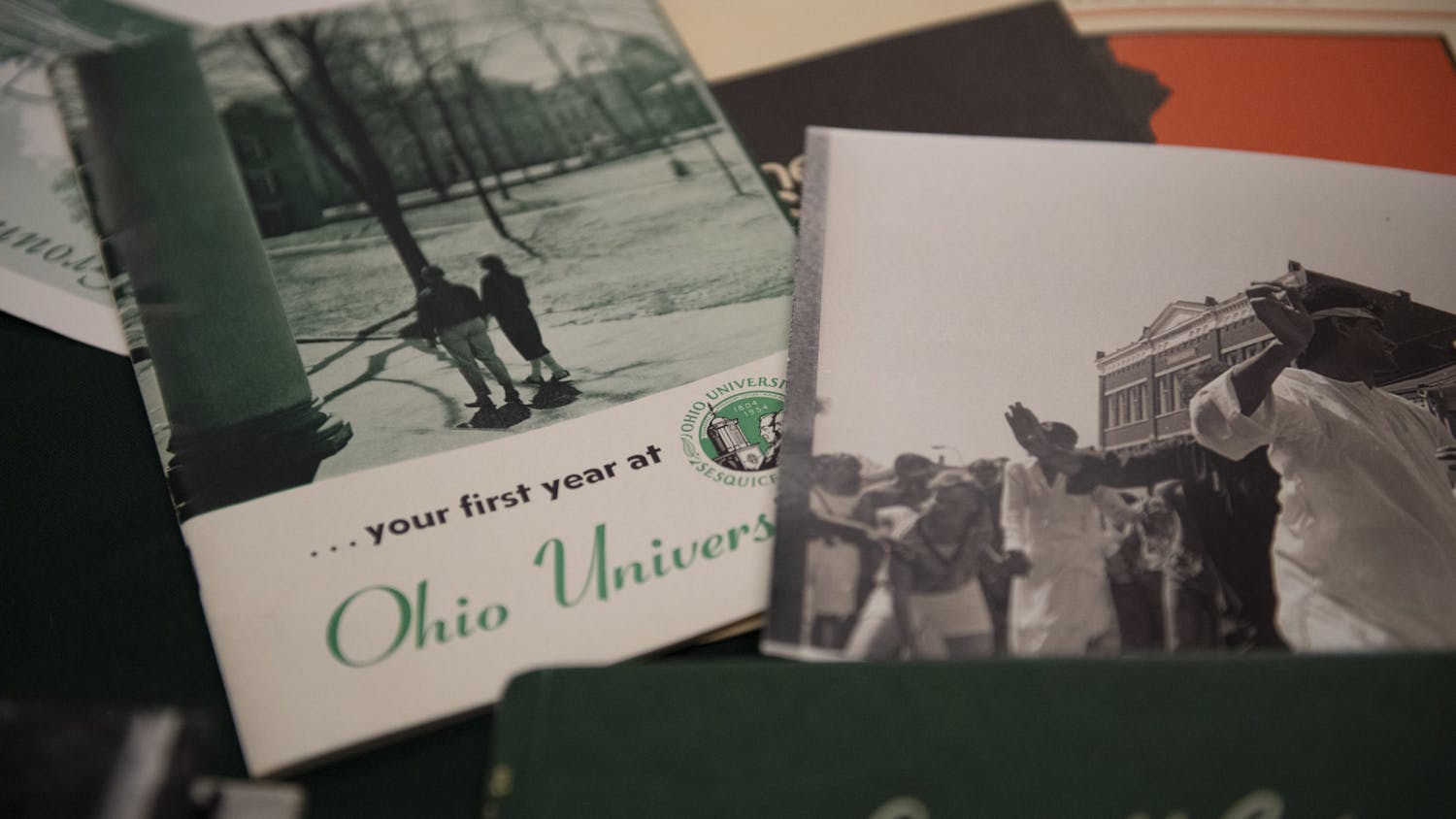An out of state coalition will soon give their “seal of approval” to fracking companies in the Appalachian region based on standards it says are “safe and responsible.”
In March, the Center for Sustainable Shale Development, a Pennsylvania based group of environmental organizations, philanthropic organizations and energy companies, announced 15 standards for fracking companies to meet and become “certified.”
The standards apply to unconventional exploration, development, and gathering activities including site construction, drilling, hydraulic fracturing and production.
“(These standards) drive us to push the leading edge of best practices,” said Andrew Place, executive director of the center. “All of us have concerns that this must be done safely and (the Center for Sustainable Shale Development) provides another avenue that will give people in the region an added level of comfort that companies are doing it safely.”
The coalition is made up of 11 founding participants, none of whom are from Ohio, and the standards do not address waste disposal and injection wells, which has been a main environmental concern in Athens County and Ohio.
There is a range of concerns that citizens are raising that are not included in the standards, said Keith Dimoff, director of the Ohio Environmental Council.
“They do not address disposal of waste, where the water is coming from to drill the wells, local road impacts, pipeline construction, and there are questions about what chemicals are being used in the process too,” Dimoff said.
Although none of the founding participants are based in Ohio, the center will still certify oil and gas companies that are both based or looking to drill in the state.
“If we tried to tackle every issue out there, we would still be talking until 2020,” Place said. He added that the standards require that 90 percent of the water that goes into the fracking process is recycled, leading to less wastewater production.
Place said the standards are adaptive and the center is already discussing additional issues to tackle in the future, including injection wells.
“It’s a starting point,” he said. “We will address (more issues) in version 2.0.”
Thomas Stewart, executive vice president of the Ohio Oil and Gas Association, said regulation by “experts” at the state level is the best way to ensure public entry and trust in the regulatory process, but that he admires the center’s efforts to offer their expectations of themselves to the public.
Stewart added that he is worried that people may not differentiate between conventional and unconventional extraction processes.
“I worry that they’ll set up standards that may be perfectly appropriate for drilling complex, horizontal, unconventional wells but they’ll expect the same of every conventional extraction that wouldn’t be very applicable,” Stewart said.
He added that they could also be setting standards that give them a competitive advantage.
“In the past, I’ve seen very large scale players say, ‘Well we don’t care what level you regulate at because we’ve got all the resources and we can beat those standards and we know the little guys can’t,’ and that just drives the little guys out,” Stewart said.
Place said the standards will lower emissions, reduce risk and provide concrete, real time benefits.
Categories for the Center for Sustainable Shale Developments 15 standards:
-2 standards in wastewater (do not apply to disposal via wastewater injection wells)
-2 standards in pits/impoundments
-4 standards in groundwater protection
-7 standards in air protection
ls114509@ohiou.edu





